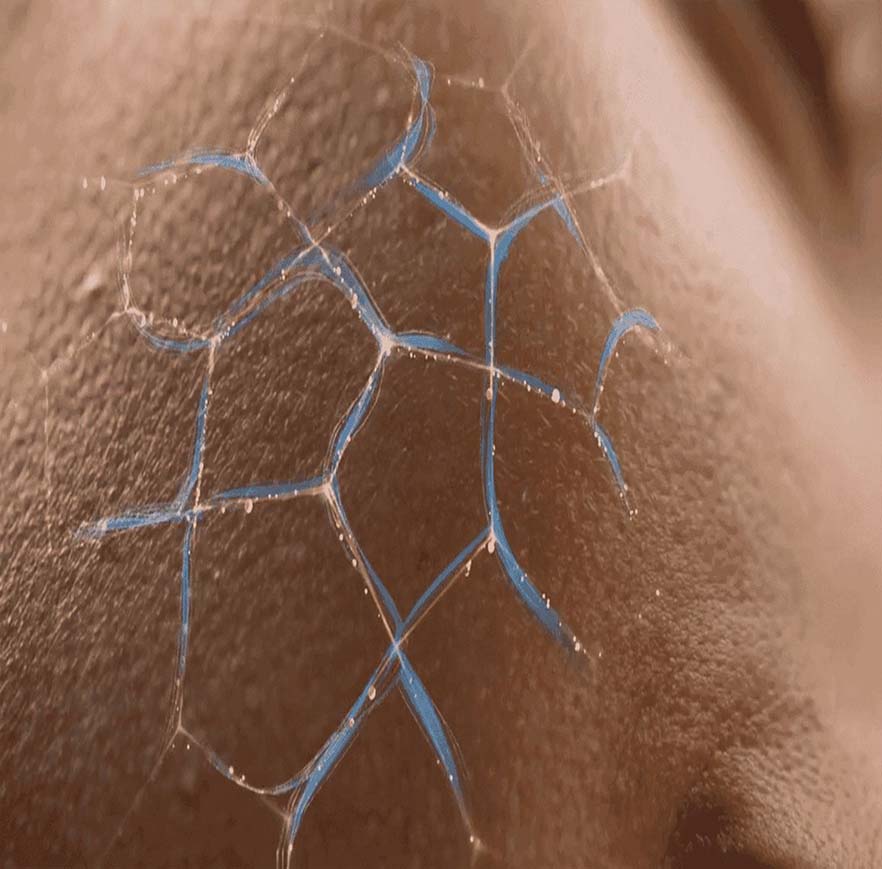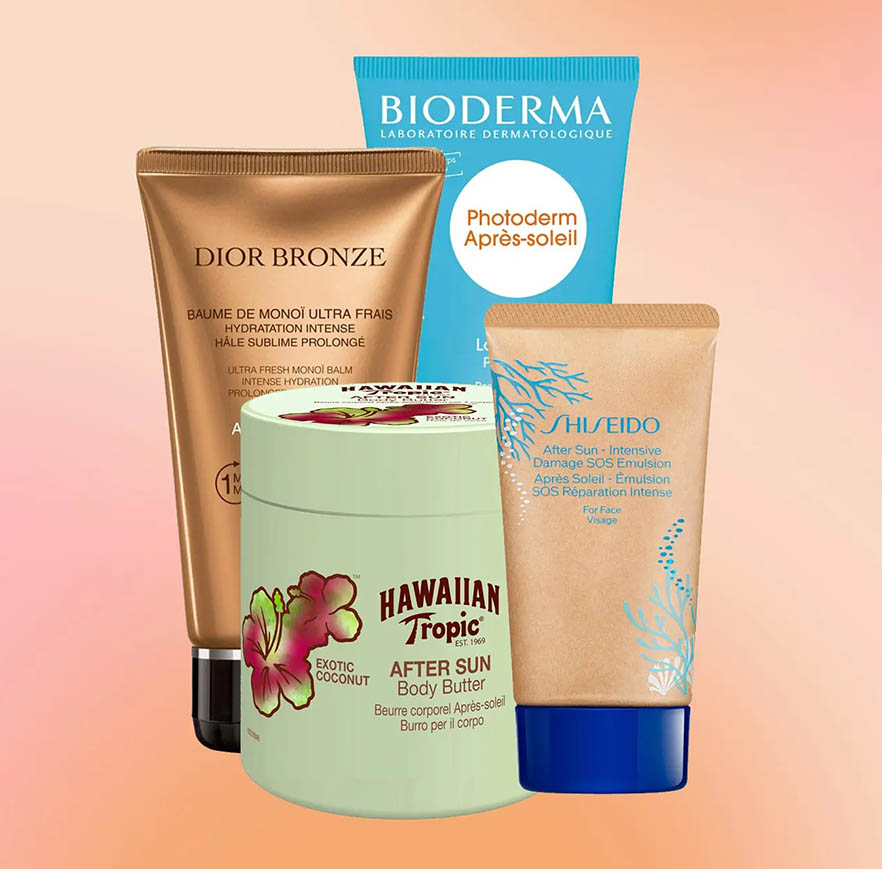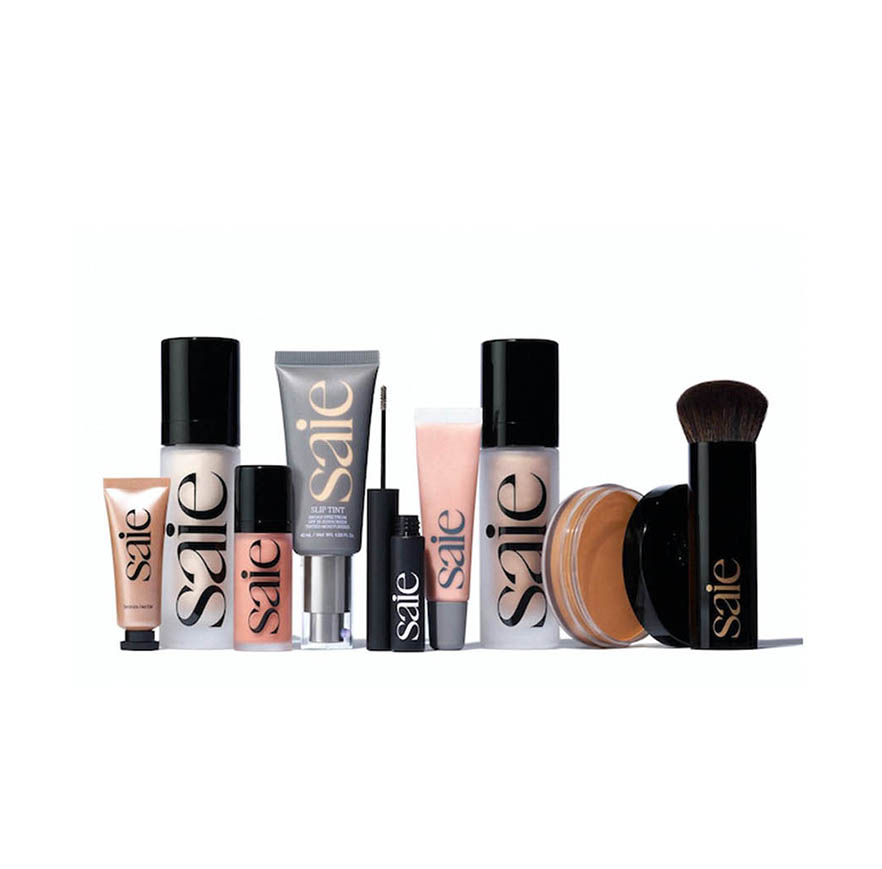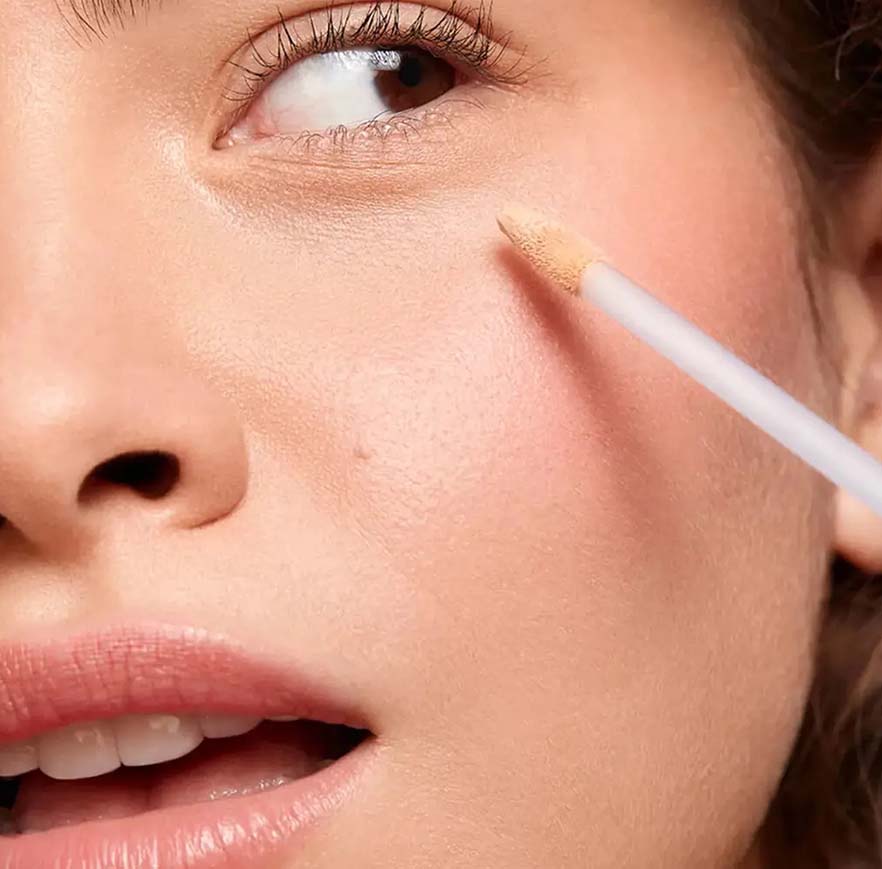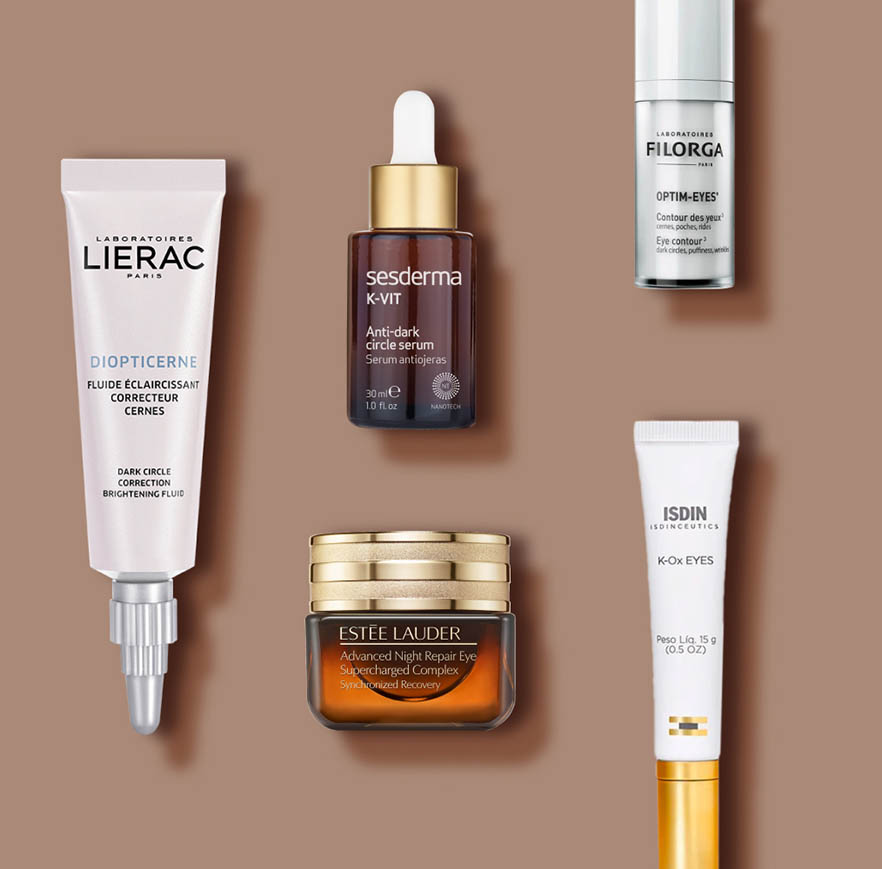Achieving flawless skin is a universal goal that transcends cultures, ages, and lifestyles. However, skincare is not a one-size-fits-all approach. As science and technology continue to advance, new skincare techniques, products, and methods are emerging, promising to transform your skin from dull and tired to glowing and flawless. In 2024, skincare isn’t just about cleansing, toning, and moisturizing—it’s a holistic, personalized journey toward healthier skin.
This guide explores the most cutting-edge skincare techniques, focusing on emerging trends and practices that are gaining traction. These methods don’t just aim for surface-level improvements, but work from the inside out, helping you achieve long-lasting, radiant skin. From skin barrier repair to personalized treatments, understanding these latest techniques will give you the knowledge you need to curate the perfect skincare regimen for your needs.
1. Focus on the Skin Barrier
One of the most talked-about trends in modern skincare is the focus on repairing and maintaining the skin barrier. The skin barrier, or stratum corneum, is the outermost layer of the skin that serves as the body’s first line of defense against pollutants, toxins, and irritants. When the skin barrier is compromised, it leads to a host of issues including dryness, redness, sensitivity, and even breakouts.
Skincare experts now emphasize gentle formulations and barrier-restoring ingredients such as ceramides, fatty acids, and cholesterol. These ingredients help replenish the skin’s natural lipids, ensuring that the barrier remains intact and healthy. Instead of stripping the skin with harsh cleansers and exfoliants, the trend is moving toward gentle, pH-balanced products that cleanse without damaging the barrier.
Key Ingredients for Skin Barrier Health:
- Ceramides: Naturally occurring lipids that help form the skin’s barrier and retain moisture.
- Ceramides: A form of vitamin B3 that strengthens the barrier and reduces inflammation.
- Fatty acids: Found in oils like jojoba and sunflower, these help lock in moisture and maintain barrier function.
2. Microbiome Skincare
The skin microbiome is a complex ecosystem of bacteria, fungi, and microorganisms living on the skin. A healthy balance of these organisms is essential for maintaining the skin’s protective functions, regulating inflammation, and preventing issues such as acne, eczema, and dermatitis. Microbiome-focused skincare is a growing trend that seeks to nurture and support this delicate balance.
Microbiome skincare products contain prebiotics, probiotics, and postbiotics that work together to promote the growth of beneficial bacteria. These products aim to prevent the overgrowth of harmful bacteria, which can disrupt the microbiome and lead to skin problems. Incorporating microbiome-friendly products into your routine can boost the skin’s resilience, reduce sensitivity, and promote a more radiant complexion.
How to Incorporate Microbiome Skincare:
- Use gentle, sulfate-free cleansers that do not strip away beneficial bacteria.
- Opt for products that contain prebiotics and probiotics, like lactobacillus or bifidobacterium, which can help balance the microbiome.
- Avoid over-exfoliating or using harsh chemical treatments that may disrupt the skin’s natural flora.
3. Customizable Skincare
One-size-fits-all skincare products are becoming a thing of the past. The latest trend in skincare is personalization—creating routines and products tailored specifically to your skin’s unique needs. From DNA-based skincare to AI-driven diagnostics, brands are leveraging technology to provide customized skincare solutions.
These personalized products are often created after a detailed skin analysis that evaluates factors like hydration levels, elasticity, sebum production, and the presence of hyperpigmentation. Many companies offer at-home diagnostic kits where you send in a sample (usually saliva or skin swabs) to identify genetic markers related to aging, acne, or sensitivity. Based on these findings, you receive a personalized set of products designed to address your specific skin concerns.
Popular Brands in Custom Skincare:
- Function of Beauty: Known for its customizable hair care, this brand now offers skincare options tailored to your skin goals and concerns.
- Proven: Uses AI and a detailed skin quiz to create a bespoke regimen based on your environment, lifestyle, and skin type.
4. Hydration Layering
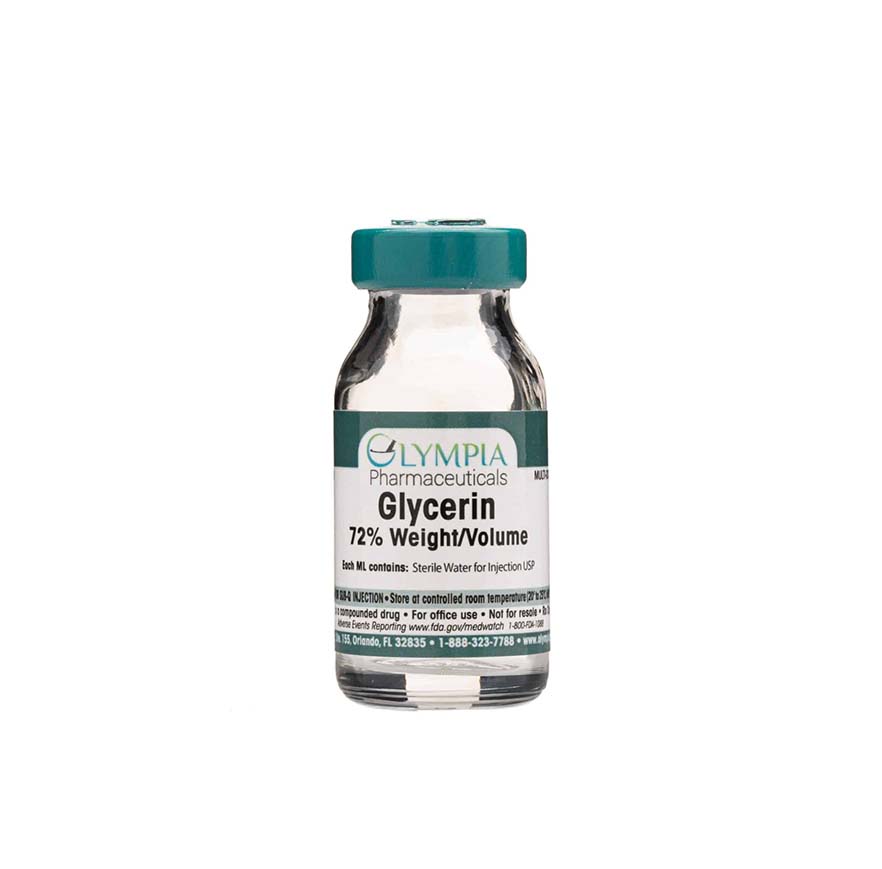
Hydration layering is a method that involves using multiple products to hydrate the skin at different levels, ensuring it remains plump, radiant, and healthy throughout the day. Instead of relying on a single moisturizer, this technique incorporates various hydrating products—toners, essences, serums, and moisturizers—that each contain humectants to draw moisture into the skin.
The secret to successful hydration layering lies in the order of application. Start with the thinnest product (like a hydrating toner or mist) and work your way up to thicker serums and creams. This ensures that each layer penetrates the skin properly, maximizing hydration at every step. Incorporating lightweight, water-based products into the mix allows for deeper absorption without clogging pores or leaving a greasy finish.
Key Hydration Ingredients:
- Hyaluronic Acid: A powerful humectant that holds up to 1,000 times its weight in water, perfect for plumping the skin.
- Glycerin: Another potent humectant that helps draw moisture from the environment into the skin.
- Aloe Vera: Known for its soothing properties, it’s also highly hydrating and calming, making it suitable for sensitive skin.
5. LED Light Therapy
LED light therapy is a non-invasive skincare treatment that uses specific wavelengths of light to address various skin concerns, from acne to aging. Blue light targets acne-causing bacteria, while red light stimulates collagen production and reduces inflammation, making it ideal for anti-aging treatments. LED light therapy is painless and has no downtime, making it a convenient addition to any skincare routine.
This technique, which was once only available in professional dermatology clinics, is now accessible through at-home devices. Many skincare enthusiasts use handheld or mask-style LED devices a few times a week to improve their skin’s clarity, reduce fine lines, and enhance overall radiance.
How to Use LED Light Therapy:
- Cleanse your skin before treatment to ensure maximum light penetration.
- Start with shorter sessions (about 10 minutes) and gradually increase based on your skin’s tolerance.
- Always follow the manufacturer’s guidelines for usage to prevent overexposure to light.
6. Skinimalism
“Skinimalism,” a fusion of “skin” and “minimalism,” is a growing movement in skincare that encourages the use of fewer, more effective products. Rather than overwhelming the skin with a dozen different serums, toners, and moisturizers, skinimalism advocates for a streamlined routine that focuses on high-quality, multi-functional products. The goal is to let your natural skin texture shine through rather than striving for an airbrushed, overly polished appearance.
The skinimalism trend is rooted in the idea of embracing imperfections—freckles, pores, and fine lines—while enhancing the skin’s natural beauty with a minimalist regimen. This approach is particularly beneficial for those with sensitive or reactive skin, as it reduces the risk of irritation from using too many active ingredients.
How to Practice Skinimalism:
- Opt for multi-functional products like moisturizers with built-in SPF or serums that combine antioxidants, peptides, and hyaluronic acid.
- Focus on essential skincare steps: cleansing, moisturizing, and protecting with sunscreen.
- Embrace your skin’s natural appearance and avoid heavy, full-coverage makeup to allow the skin to breathe.
7. Retinol Alternatives for Sensitive Skin
Retinol has long been the gold standard in anti-aging skincare due to its ability to accelerate cell turnover, boost collagen production, and reduce fine lines and wrinkles. However, it can be harsh for those with sensitive or reactive skin, often leading to dryness, peeling, and irritation. Fortunately, 2024 brings with it a host of gentler retinol alternatives that offer similar anti-aging benefits without the harsh side effects.
Bakuchiol is one such alternative that has gained widespread popularity. Derived from the seeds of the babchi plant, bakuchiol has been shown to have anti-aging effects comparable to retinol without causing irritation. Other plant-based alternatives, such as rosehip oil and algae extracts, are also emerging as effective options for those seeking gentler anti-aging solutions.
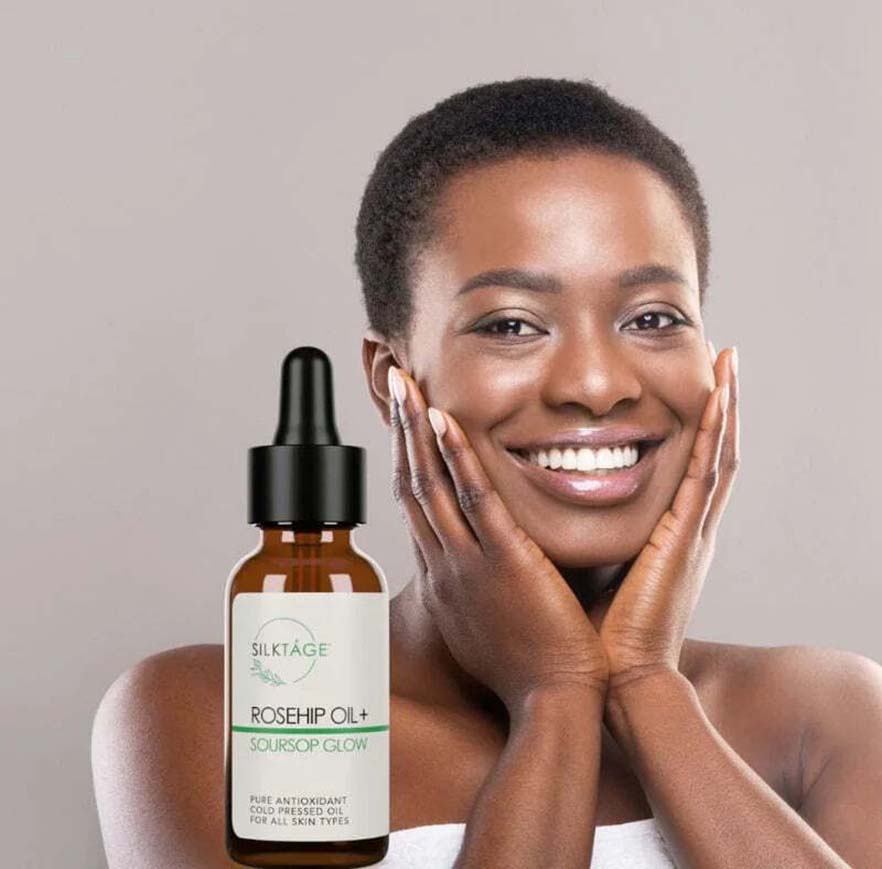
Notable Retinol Alternatives:
- Bakuchiol: A plant-based ingredient that offers retinol-like benefits for anti-aging and acne treatment without irritation.
- Rosehip Oil: Rich in antioxidants and essential fatty acids, it helps reduce the appearance of scars and fine lines.
- Algae Extracts: Packed with nutrients that help firm the skin and promote elasticity while being gentle enough for sensitive skin.
8. At-Home Chemical Peels
Once reserved for professional settings, chemical peels are now available for at-home use, allowing users to enjoy the benefits of smoother, brighter skin without visiting a dermatologist. At-home peels contain lower concentrations of active ingredients, such as glycolic acid, lactic acid, or salicylic acid, making them safer for regular use. These peels exfoliate the skin by removing dead skin cells, unclogging pores, and stimulating cell renewal.
When used correctly, at-home chemical peels can help improve skin texture, reduce hyperpigmentation, and minimize the appearance of fine lines. However, it’s essential to follow up with soothing, hydrating products and to always apply sunscreen, as freshly peeled skin is more sensitive to UV exposure.
How to Use At-Home Peels:
- Start with a patch test to ensure your skin reacts well to the acids.
- Apply the peel evenly across clean skin, avoiding the eye area.
- Follow the peel with a hydrating serum or mask to soothe the skin.
The latest skincare techniques in 2024 revolve around personalization, skin health, and gentle yet effective approaches to achieving flawless skin. With a focus on maintaining the skin barrier, embracing natural beauty, and incorporating high-tech treatments like LED therapy and microbiome-friendly products, skincare has evolved into a science-backed ritual for glowing, healthy skin. Incorporating these trends into your routine can help you achieve the radiant complexion you’ve always wanted while prioritizing long-term skin health.
